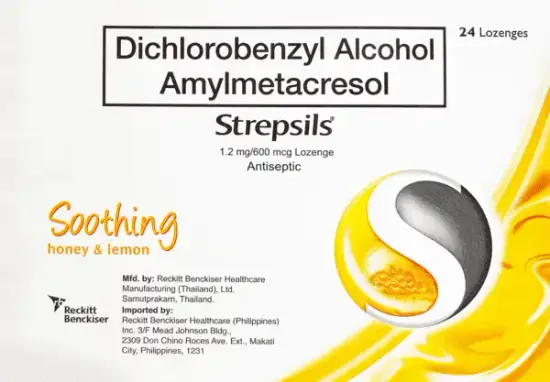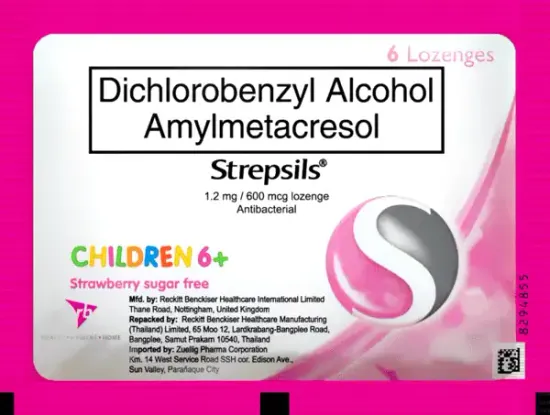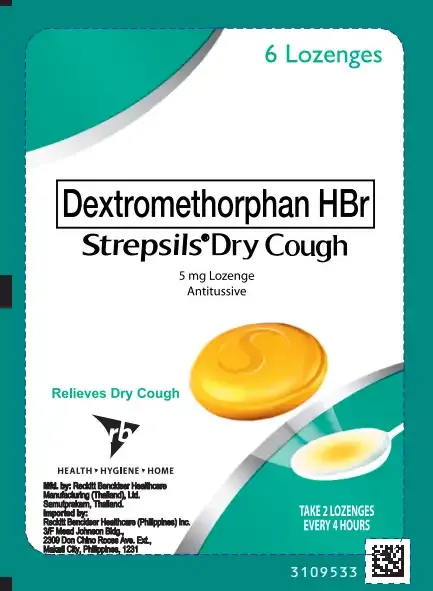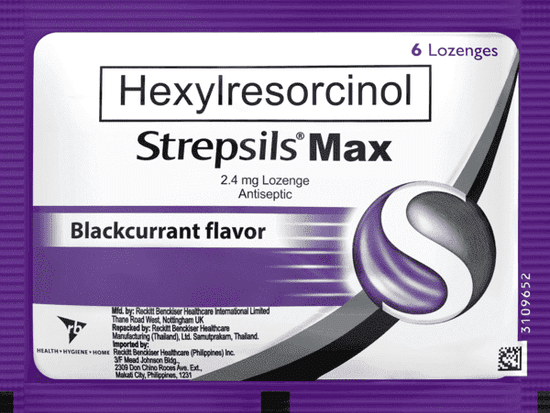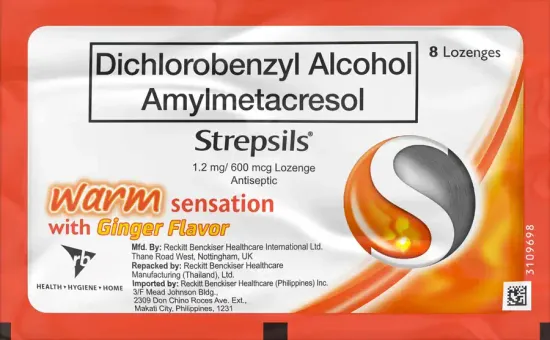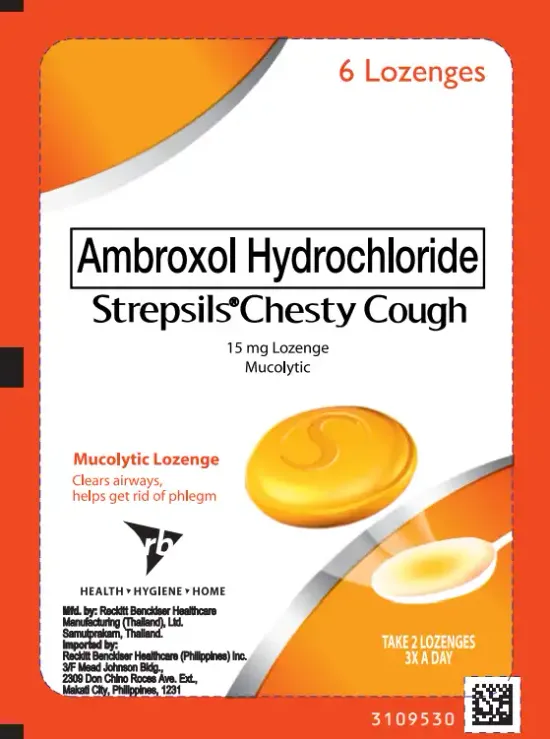Understanding Antibiotic Resistance

Understanding Antibiotic Resistance
Bacteria are living creatures, but viruses must proliferate in a host cell. Bacteria may thus be treated with medications; however viral infections are harder to treat.
Bacteria and viruses each have their unique method of making humans sick; except from that, they have nothing in common. Bacteria are single-cell microscopically tiny living entities with their own metabolism and the ability to reproduce. If too many germs enter the human body, they can cause illness and, in the worst-case scenario, death. Antibiotics are used to prevent their spread.
Viruses, on the other hand, have a relatively basic structure and are not, strictly speaking, living beings.
Major Differences Between Bacteria and Viruses
Size: Bacteria are significantly bigger than viruses.
Structure: The structure of viruses is fairly basic. They lack their own cells as well as their own metabolism. They are not, strictly speaking, living beings. Bacteria are very alive creatures. They have a functional cell wall as well as an interior structure.
Reproduction: Viruses are incapable of reproducing on their own. They infiltrate human cells and use them as a host; otherwise, they perish. Bacteria reproduce on their own through cell division.
Disease transmission: Viruses and bacteria cause illness in many ways. Viruses wreak havoc on our bodies' cells. On the other hand, bacteria inflict harm by producing toxic metabolic by-products.
Treatment: Antibiotics are used to treat bacterial infections. They assault the bacteria's structures, destroying them. Viruses, on the other hand, are difficult to treat with medicine. Antibiotics are ineffective because viruses lack their own metabolism and cell wall. Antivirals are only effective against specific virus types. If our body's natural defences successfully resist the virus, we frequently develop immunity and are no longer susceptible to infection by the disease.
Another significant distinction between viruses and bacteria is that not all bacteria cause illness; certain bacteria are essential to human survival.
Why do humans still require bacteria?
The human body contains around 15 times more bacteria than cells. It equates to around 100 billion bacteria. Bacteria are necessary for life, especially for our digestive system, which would be unable to operate without them. Our gut is home to a colossal number of germs. Their presence promotes the formation of acids, lipids, and vitamins. Vitamin B12, for example, which is incredibly necessary for the body, can only be created by gut flora.
Bacteria are thus just a necessary component of our life.
Antibiotic in Action: How Does it Work?
Antibiotics, as a naturally occurring chemical, may kill bacteria or prevent their multiplication.
This was a pivotal finding in the history of medicine.
Antibiotics are natural chemicals derived from microorganisms such as bacteria and fungi. Antibiotics are used as weapons by these microorganisms in their fight for survival inside their ecosystem. Alexander Fleming, a Scottish researcher, discovered this feature near the end of the 1920s and utilized it for human advantage. He found that antibiotics may also kill dangerous germs in the human body through his tests. He named his discovery penicillin since it was the first antibiotic that successfully treated a bacterial illness in humans.
Antibiotics' Multiple Modes of Action
Antibiotics can have vastly diverse impacts on microorganisms. This is primarily owing to the way they were made.
- The bactericidal action kills bacteria.
- The bacteriostatic effect prevents bacterial reproduction so effectively that human immune system can combat the infection on its own. There is a basic contrast between narrow-spectrum antibiotics, which are only effective against a few species of bacteria, and broad-spectrum antibiotics, which are effective against a wide variety of bacteria.
Antibiotics are not dangerous to people since they do not cause cell damage. They can, however, cause a variety of adverse effects. Antibiotics frequently induce stomach or intestinal problems, rashes, and allergic reactions. Many patients report diarrhoea. This is because antibiotics kill both the good gut bacteria in our intestinal flora and the pathogenic bacteria that cause us to become unwell. Taking probiotics during and after antibiotic therapy can assist to restore our gut flora.
If you encounter adverse effects with antibiotics, always visit your doctor or a pharmacist. Antibiotics and other medications may interact. As a result, you should always inform your doctor about any additional medications you are taking so that they can recommend the best course of therapy for you. The instructions included in the package explain the dangers and negative effects.
How Antibiotic Resistance Develops
Living beings can adapt. They can devise defence systems against opponents and competitors to secure their own existence.
Bacteria, like other living organisms, can develop antibiotic resistance mechanisms. This implies that antibiotics used to treat these bacteria will no longer be effective. As bacteria multiply through cell division, these novel defence systems are passed down to the next generation and subsequent generations.
Certain bacteria can even pass on these qualities to other bacteria, allowing many strains of bacteria to become immune. Nowadays, one in every three bacterial strains is resistant to conventional antibiotics. Antibiotic resistance refers to this resistance to antibiotics. Antibiotic resistance cannot be developed in humans.
What Causes Antibiotic Resistance?
Antibiotic overuse and inappropriate usage are two of the most common causes of antibiotic resistance. As is the overuse of antibiotics, such as when given for viral illnesses or to prevent secondary infections. Antibiotics cannot be used to treat viruses since they are not living beings.
Antibiotics have been overprescribed for many years, frequently improperly and at random, instead of attacking germs through measured and focused usage. Antibiotics are frequently administered excessively to avoid subsequent infections due to an excessive safety concern.
Patients are frequently at fault in this situation as well. They may put pressure on their doctors to prescribe antibiotics immediately before the weekend or a vacation, even though it is unclear if the ailment is bacterial and hence treatable with drugs.
Nevertheless, humans are not the only ones who overuse antibiotics. Industrial farming is also to blame for widespread usage. The high number of animals in restricted places enhances infection spread. Antibiotics are routinely put into the animal feed to minimize widespread illnesses, and probable negative financial impact. Resistance bacteria from meat-based products enter our systems because of our later intake of these animals.
Hospital infections, commonly known as "super bugs," are a serious issue. Antibiotics cannot be used to treat multi-resistant bacteria in hospitals. MRSA (Methicillin-resistant Staphylococcus aureus) is a particularly dangerous multi-resistant bug. These bacteria can be lethal since many patients' immune systems are impaired after surgery.
Antibiotic Resistance: Implications and Countermeasures
If antibiotics become ineffective, illnesses that are presently treatable may resurface as a severe hazard. This is why it is critical to use antibiotics appropriately.
Why will our lives profoundly change? If antibiotics become ineffective, all diseases that are presently curable with antibiotics would become untreatable, perhaps leading to death.
This has become one of the most significant and widely discussed concerns in modern medicine.
Bacterial diseases include cholera, TB, plague, diphtheria, and a variety of gut and lung infections.
Our lives might suffer devastating consequences. Individuals would stay in hospitals for longer periods of time, treatment expenses would rise, and our society's dread of infection would also increase. An international issue is bacterial resistance. The EU is concerned about the effects and sees bacterial resistance as one of our biggest risks. An estimated 25,000 persons per year in the EU alone pass away because of diseases that are no longer properly treated with antibiotics. If we don't act now, antimicrobial resistance might result in more deaths than cancer by 2050, according to EU Health Commissioner Vytenis Andriukaitis.
Number of deaths per year attributable to AMR by 2050
Number of deaths per year attributable to AMR by 2050
Source: Wellcome and United Nations. Sustaining global action on antimicrobial resistance. 2017. Available at: https://wellcome.org/sites/default/files/sustaining-global-action-on-antimicrobial-resistance.pdf
By 2050, antibiotic resistance could result in up to 10 million deaths a year.
Everyone can influence the development of resistance. To avoid this, scientists are looking for new antibiotics that do not yet have bacterial resistance. However, this is no simple feat! It might take decades for a medicine to be licensed for usage. Many novel advances are also put in reserve for as long as present treatments remain effective, as resistance to new antibiotics will emerge sooner or later if global antibiotic use does not change.
Antimicrobial resistance is a problem that affects everyone and may happen to anybody. To limit the spread of bacterial resistance, everyone must do their part. The Robert Koch Institute's research has found two approaches that are necessary to combat resistance:
1. As a general rule, avoid infections.
Vaccines can be used to avert infectious illnesses as a preventative approach. Rigorous cleanliness standards in hospitals and all medical facilities are also required to control resistant diseases or, better yet, to prevent germs from developing resistance in the first place. In our daily lives, a simple act like frequent hand washing can greatly minimize the risk of illness.
2. Only use antibiotics when necessary
Antibiotics are still provided or sought by patients far too frequently. It is critical that we discontinue the needless usage of antibiotics. Antibiotics, for example, are useless for sore throats and colds caused by viruses (in 80% of instances). Another concern is the use of broad-spectrum antibiotics, which promote resistance in a variety of infections.
We can only assure antibiotic efficacy in the future if we address these challenges today, act responsibly, and inspire society to think differently.
Responsible Use of Antibiotics
Using any antibiotic, in principle, can result in bacteria growing progressively resistant to the antibiotic being used. This renders the antibiotic ineffective because the bacteria develop defence mechanisms that allow them to grow resistant to the antibiotic's effects. Because antibiotics are used to treat a wide range of ailments, it is critical that everyone contributes to the fight against resistance. The seven measures listed below should help you reduce your risk of illness and take antibiotics responsibly:
1. Never Demand or Insist on Antibiotics
Antibiotics have little impact on viruses and are frequently unnecessary in many other circumstances. Always follow medical advice and use antibiotics only after a complete check-up and as directed.
2. Finish the entire Course
If your doctor prescribes an antibiotic, they will typically also instruct you on how to take medication. It is critical that you follow the doctor's directions because the duration of antibiotic therapy varies based on the infection and the drug. Only when your body has a sufficiently high concentration of the drug will the treatment be successful. If you do not take the prescribed dose or complete the course, the more robust bacteria may live and resist the drug.
3. Never give antibiotic to anyone else
Do not give anybody else your antibiotics. The antibiotic may not only be ineffective in treating someone else, but it may also conflict with drugs they are taking.
4. Antibiotics should be disposed away correctly
If you have extra antibiotics, properly dispose of them. Most pharmacies will accept any excess medicine and properly dispose of it. Some municipal governments may additionally have hazardous material collection locations. Antibiotics can be disposed of in residual waste as well. Caution! Never dump antibiotics down the toilet or sink. This is bad for the environment and breeds resistance.
5. Hand washing on a regular basis
Throughout the day, wash your hands often. It is especially vital to wash your hands after using the restroom since here is where many dangerous bacteria may live.
6. Maintain your vaccine records
Vaccinations require boosters on a regular basis to maintain their effectiveness. The time and necessity for a booster immunization is determined by the vaccine. Your immunization record will indicate when your next vaccine is due; if you are unclear, see your doctor.
7. Do not self-medicate and obey medical advice
If you have any more questions or concerns, see your doctor or pharmacist before taking antibiotics. Inform your doctor if you are taking any other medications. To some extent, antibiotics can adversely interact with other types of medication, causing more serious side effects or compromising the treatment's effectiveness.
Sources:
1 Localized from Dobendan (Strepsils Germany) from the following pages:
https://www.dobendan.de/warum-dobendan/unterschied-viren-und-bakterien/
https://www.dobendan.de/warum-dobendan/wirkungsweise-von-antibiotika/
https://www.dobendan.de/warum-dobendan/wie-antibiotikaresistenzen-entstehen/
https://www.dobendan.de/warum-dobendan/folgen-von-antibiotikaresistenzen/
https://www.dobendan.de/warum-dobendan/verantwortungsvoller-umgang-mit-antibiotika/
2 Girl Drinking Meds Photo by jcomp from Freepik
3 Doctor Check up Photo by lifestylememory from Freepik


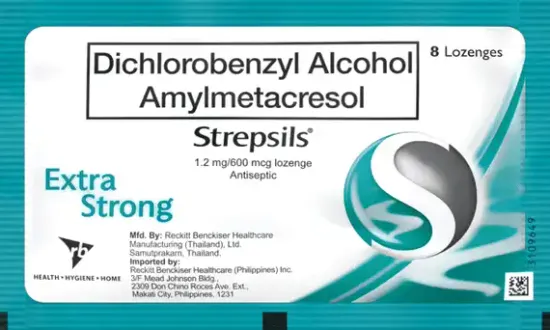

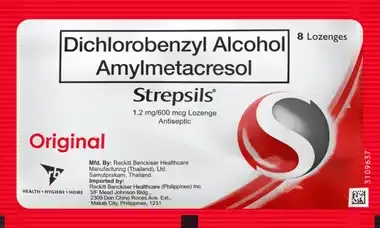
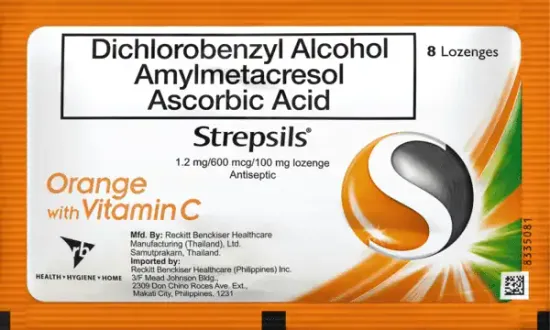
.webp)


